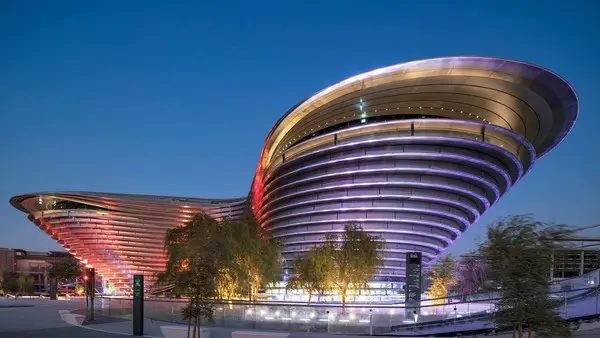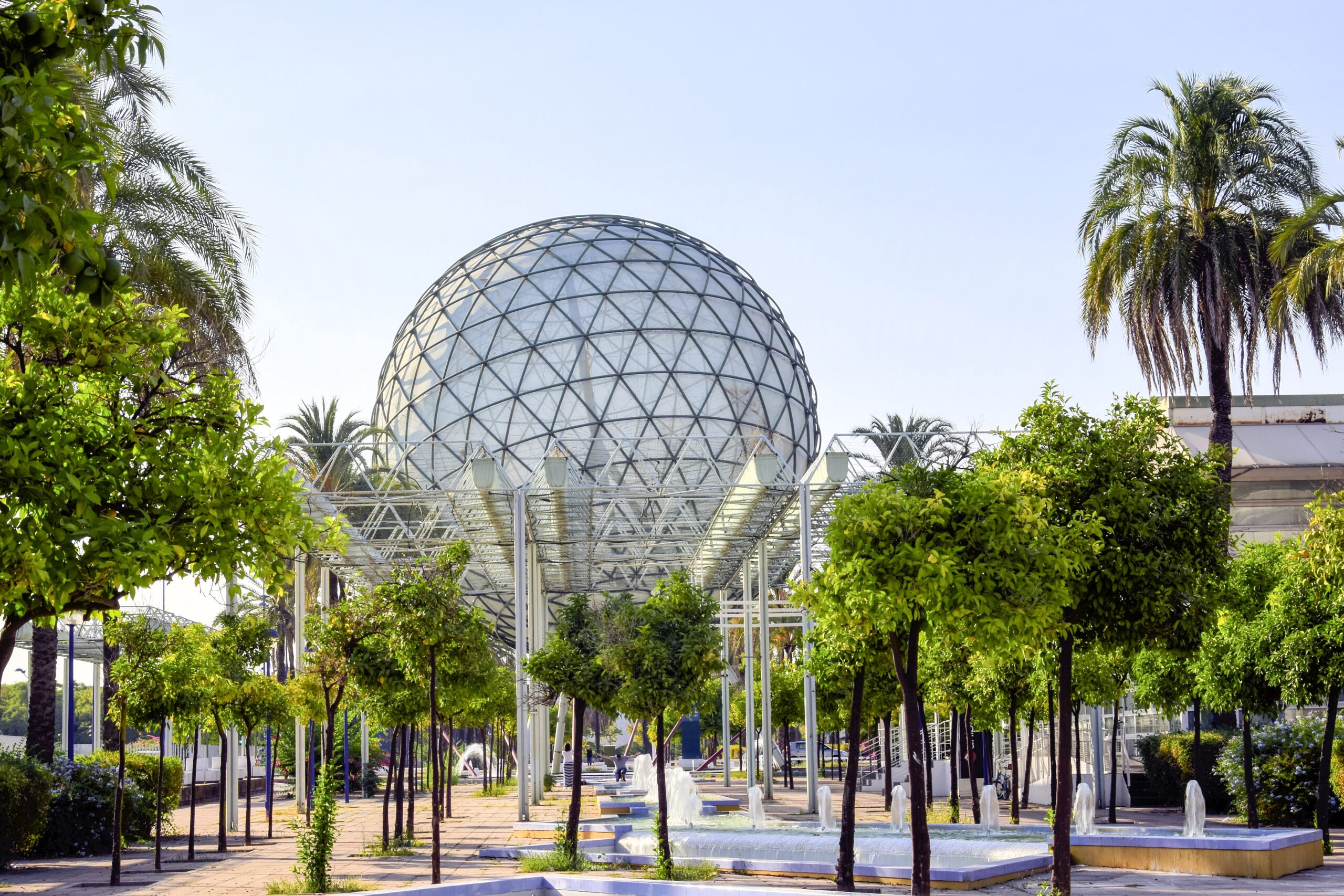Amid the throes of a global pandemic, Expo 2020 Dubai defied the odds, hosting millions of visitors from around the world, each leaving with an indelible mark of inspiration. An event that played host to dignitaries, global thought leaders, and renowned artists, this Expo was more than just a grand spectacle; it was a testament to human resilience and the power of global collaboration.
Now, as Expo 2020 Dubai gracefully transforms into its legacy district, it prompts us to reflect on the future of Expos and how they can become benchmarks for broader economic development. Examining the Expo legacy, three key principles stand out.

1. Planning for a Sustainable Legacy
A vital lesson from past Expos is that legacy planning should precede the event itself. Host cities must ensure that the infrastructure developed for the Expo can find a sustainable, post-event purpose. The legacy should be seamlessly aligned with long-term infrastructure development needs. For instance, the Expo 86 in Vancouver is celebrated not only for the Expo itself but also for how it revitalized the city. Many structures built for the Expo, like Canada Place, found new life after the event. Vital infrastructure, such as the Expo Line, became an integral part of Vancouver’s public transportation network, and the Expo site evolved into the vibrant Falls Creek area.
2. Pioneering Innovations and Landmarks
Expos are renowned for introducing groundbreaking innovations, products, and iconic landmarks. These global gatherings serve as platforms to showcase remarkable feats. Iconic structures like the Eiffel Tower in Paris or the Space Needle in Seattle trace their origins back to Expos. New products that have become everyday essentials were first unveiled at these events. From the widespread use of electricity at Expo 1893 Chicago to the debut of the Ferris Wheel, Expos have a rich history of innovation. Expo 1904 in St. Louis brought forth food items like hot dogs, peanut butter, and the ice cream cone, which have since become staples.
3. City and Country Branding
Perhaps one of the most compelling aspects of hosting an Expo is the opportunity for city and country branding. A well-executed Expo can catapult a city or nation to the global stage. Take the example of Chicago, where Expo 1893 helped solidify its position as a major global hub. Similarly, Vancouver’s Expo in 1986 bolstered its reputation, making it one of the most desirable places to live worldwide.
More recently, we witnessed the impact of Expo on emerging economies when Shanghai hosted the World Expo in 2010. Coupled with China’s rise on the global stage, this event showcased the nation as a major player in the world’s economy.
As we look ahead, with future Expos on the horizon, including the World Expo in Osaka 2025 and the Horticultural Expo in 2023 in Doha, Qatar, we can anticipate the profound influence these global gatherings will have on the world stage and local economies. Dubai’s investment in the Expo’s pre and post-infrastructures, the introduction of innovative products and landmarks, and the global branding it achieved, exemplify the exciting future impact Expos can wield.
In this transformative landscape, Exponeur stands as a beacon for entrepreneurs and investors, bridging innovation with opportunities. By harnessing the legacy of global events like Expo 2020 Dubai, Exponeur paves the way for a future where entrepreneurial dreams can flourish on the world stage. As Expo legacies continue to evolve, Exponeur remains a catalyst for economic growth and innovation, connecting visionaries and change-makers, creating opportunities for all.
The legacy of Expo 2020 Dubai is not only in the structures it leaves behind but also in the inspiration and innovation that will continue to thrive, echoed through the visionary landscape Exponeur nurtures.

